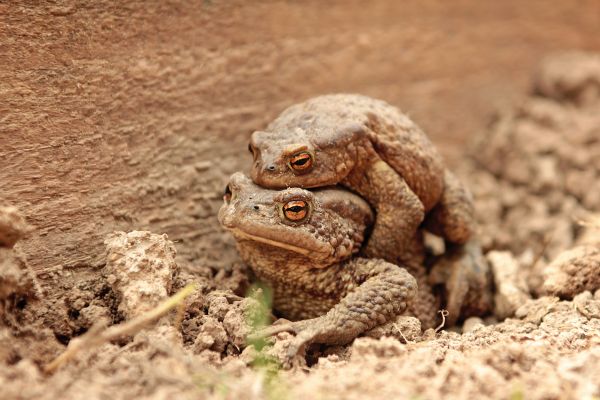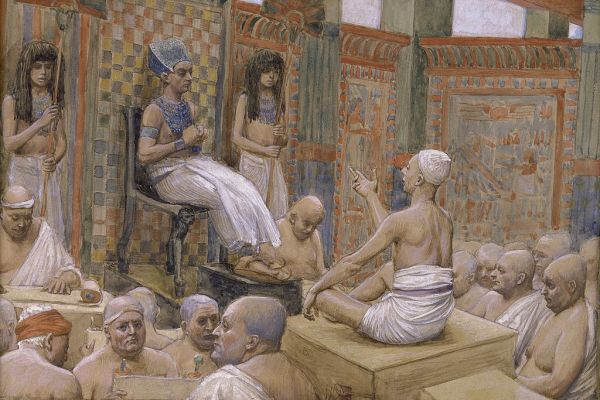Dreaming
If You're Turning 30 and Freaking Out
How to deal with not being where you thought you would be by now
Posted August 12, 2012 Reviewed by Matt Huston
I wanted to write this while I was still in my 20s, but alas, it is 9:07 A.M. and it's now exactly 30 years and two minutes since I was ejected from my mother's womb and introduced to this cruel, dark world.
Turning 30 is one of those things that everyone has an opinion about. Sixteen-year-olds equate it to something akin to the apocalypse — an instant death of youth, soft supple skin, and free-range irresponsibility. Twenty-somethings see it only as the dreaded next step, and they work tirelessly (if they're smart) to achieve everything they told themselves they would before that third decade hits.
In my past blog posts, I have not been shy about admitting my fear of aging. It's not just the wrinkles and white hair that I can't stomach; it is that I am nowhere near where I thought I would be at 30.
When I was a teenager, I never believed I'd make it past 30. Back then, 29 was ancient. On the off chance that I'd make it that far, I was convinced that by now, I would be married, have won two Oscars, and would have one kid and three dogs. My husband Leonardo DiCaprio and I would write, produce, and star in movies together, and my life would be so perfect, there would be literally nothing else that I could add to it to make it better.
It suffices to say that none of those things have happened.
I recently discovered TheMinimalists.com. It's a website run by two cool dudes who quit lucrative corporate jobs to follow their true passion as writers. Their refreshing essays are rife with jabs at modern-day clutter, musings about their feelings, and calls for living a simpler and more meaningful life.
In his essay "30 Life Lessons from 30 Years," Joshua Fields Millburn shares his insights and observations as a new 30-year-old.
Among the 30 lessons, one stands out in particular:
“4. Success is perspectival. I used to think I was successful because I had a six-figure job that my friends and family could be proud of. I thought the house with too many bedrooms would make me look even more successful, and so would the luxury car and the tailored suits and the nice watch and the big screen TV and all of the trappings of the material world. But I got all of that and I sure as hell didn’t feel successful. Instead, I felt depressed. So what did I do? I bought more stuff. And when that didn’t work I figured out that I had to do something else with my life, that I had to stop living a lie and start living my dreams.”
As someone who has pursued her dreams in her early 20s, I have to say that living your dreams without achieving traditional success is not all that wonderful and glamorous. I know what you're thinking: But Jenny, you're living your dream! I'm stuck at my awful office job making six-figures, while you get to scrounge through car seats looking for quarters so you can get your 99 cent meal at the same fast food joint that puts people’s fingers in their burgers. Poor me!
To some, just having the chance to follow a dream may be considered success, but success is two-fold. First you need the opportunity and the drive, and second, you need the results. At least that's how it works for me. After a certain point, even a strong-willed person will feel hopeless and give up following their passions if they don’t see the desired outcome. Sometimes, you just don’t want to eat finger burgers anymore.
I did some further digging on the internet for information on Milburn, and discovered that he also contributes to paidtoexist.com, a blog which encourages folks to eliminate "the separation between what you get paid to do and what you love so that you can contribute to your world and live a life of freedom." Sounds too good to be true, right?
The founder of Paid to Exist is named Jonathan Mead. Like Milburn, Mead shed his old life of unsatisfying work and opted to follow his passions and establish a business in which he helps others with their own personal growth. Among other lofty goals, he asserts that Paid to Exist can help individuals to:
- build a lifestyle business you can conduct anywhere
- make the type of income you deserve for your skills and expertise
- build a legacy worth remembering
Intriguing, right? You betcha. Which is why I signed up to join the Paid to Exist community pretty much immediately. As I wait patiently for my first life-changing email from Mead, I realize that it’s not that I'm in desperate need of a life change (been there, done that) — more so, I just don't know how to feel about the fact that I'm not where I thought I would be at this point in my life.
Before I get too indulgently introspective (this is, after all, not a Thought Catalog essay), I need to stop for a moment and take a deep breath, and remind myself something very important: It’s just one day.
Today is just another set of 24 hours at the end of which I should consider myself lucky if I am still alive.
It’s too much to get mad or feel sorry for myself that I don’t have all the things that I wanted or told myself that I deserved.
Because in real life, at this particular moment, if I ignore what today is supposed to mean, I dare say that I think I’m actually happier than I was when I was younger. Collectively, I am finally at a point where I believe that I have the power to make my own decisions — and that nothing can stop me from doing what it is what I want to do (once I figure it out).
I suppose that is the one big lesson that I’ve learned in 30 years.
It’s not exactly the “success” that I had imagined, but it is still something worth celebrating.
Want to know when I write a new post? Sign up here.




















